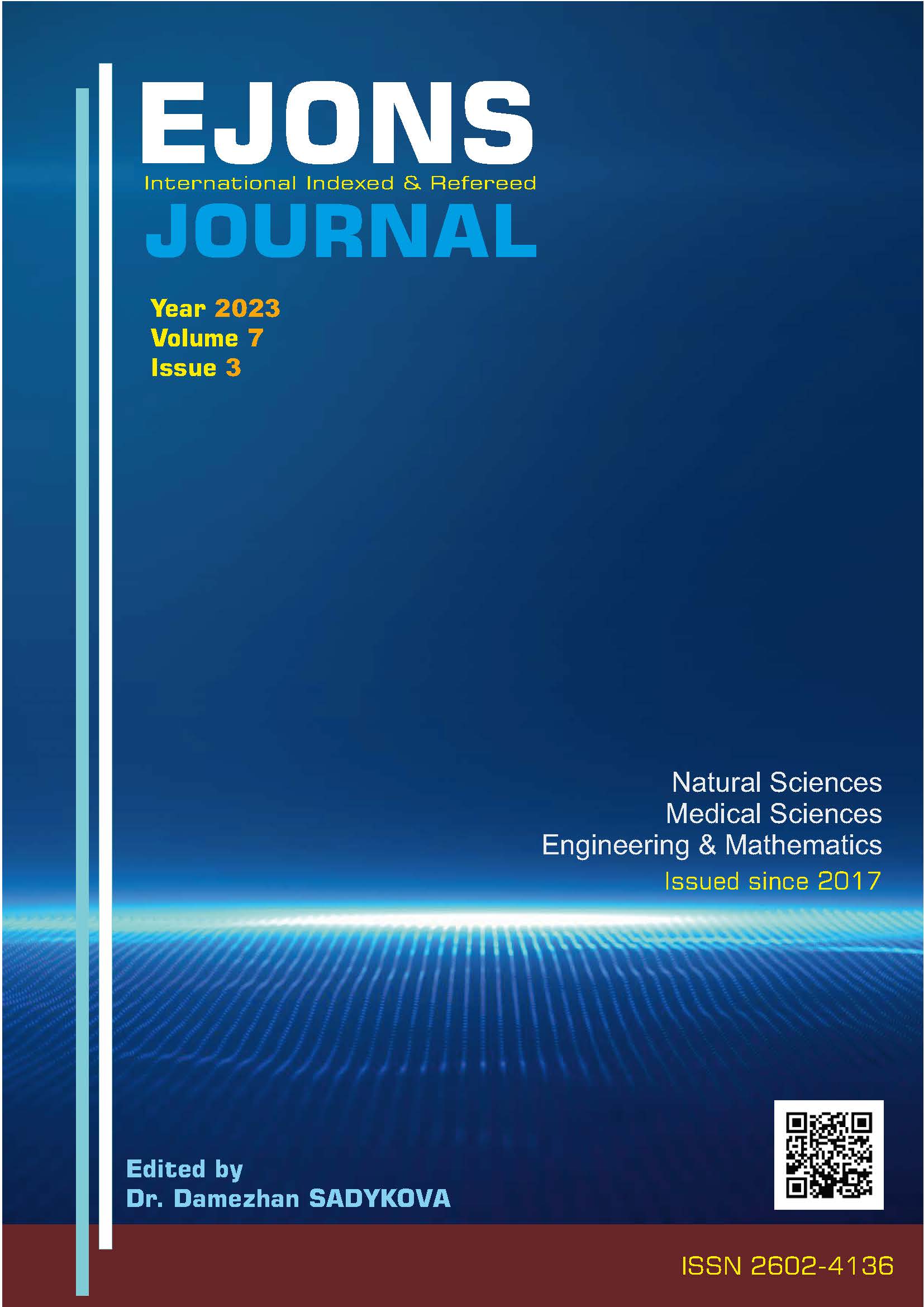ENERJİ ETKİN YAPI KABUKLARININ İNCELENMESİ
DOI:
https://doi.org/10.5281/zenodo.10479106Abstract
Today, as a result of increasing construction and intensive use of energy resources, sustainability, efficient use of energy and green building designs are at the forefront in building designs. A large concentration of energy use in Turkey is used by the construction sector. Thanks to energy efficient building designs, it is possible to minimize energy use by designing self-sufficient structures. Energy efficient, sustainable, environmentally friendly, nature-friendly designs increase user comfort and increase the quality of life. The building envelopes, located between the interior and exterior of the building, are static structural elements that provide energy conservation and production. The building envelopes are the most important factor affecting the heat gains and losses of the structure. For this reason, facade systems in energy efficient building designs; The building should be designed in a controlled, mobile and adaptable manner, which is suitable for the environmental and physical conditions in which it is located, which can benefit from solar and wind energies, and which adapts to changing climatic conditions, thanks to intelligent systems. In this study, primarily with the concept of energy efficient design; energy efficient building and facade designs are examined. Approaches to ensure energy efficiency in building facades, energy conservation, production and main criteria are investigated. Afterwards, the features of the structures built with the understanding of energy efficient facade design in the world and in our country were examined and compared with each other in detail. In the study, by increasing energy efficient building designs; It was emphasized that designing smart green buildings that ensure efficient use of energy resources, that are ecological, sustainable and suitable for their environmental conditions can increase the quality of life.
Downloads
Published
How to Cite
Issue
Section
License
Copyright (c) 2023 EJONS INTERNATIONAL JOURNAL

This work is licensed under a Creative Commons Attribution-NonCommercial 4.0 International License.


